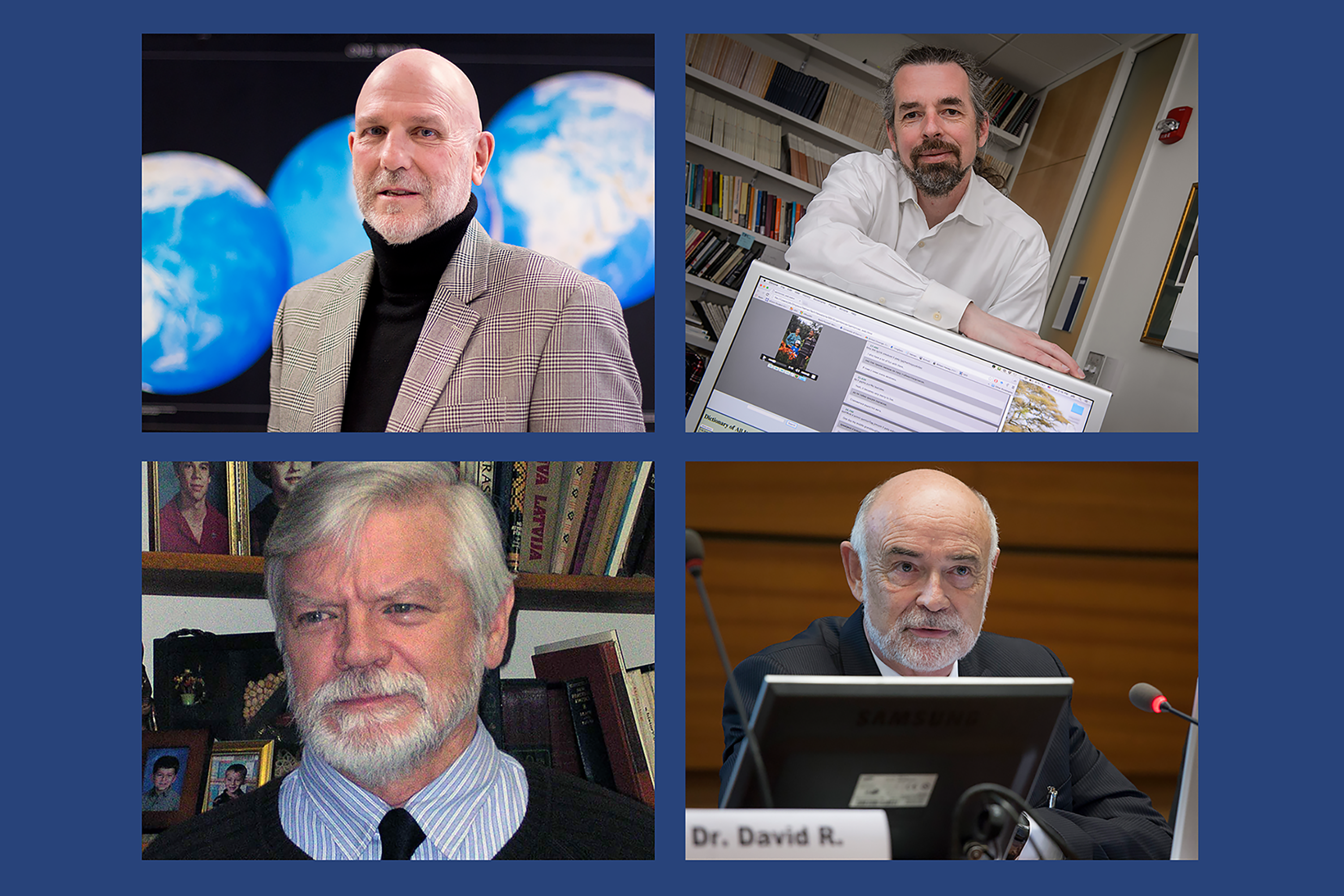Four UConn professors, including three from the College of Liberal Arts and Sciences and one from UConn Health, were named Fellows of the American Association for the Advancement of Science this week.
The AAAS grants Fellow status based on scientifically or socially distinguished efforts to advance science or its applications. The world’s largest general scientific society, AAAS publishes the journal Science and several other scientific publications, and aims to advance science and serve society through initiatives in science policy, international programs, science education, and public engagement.
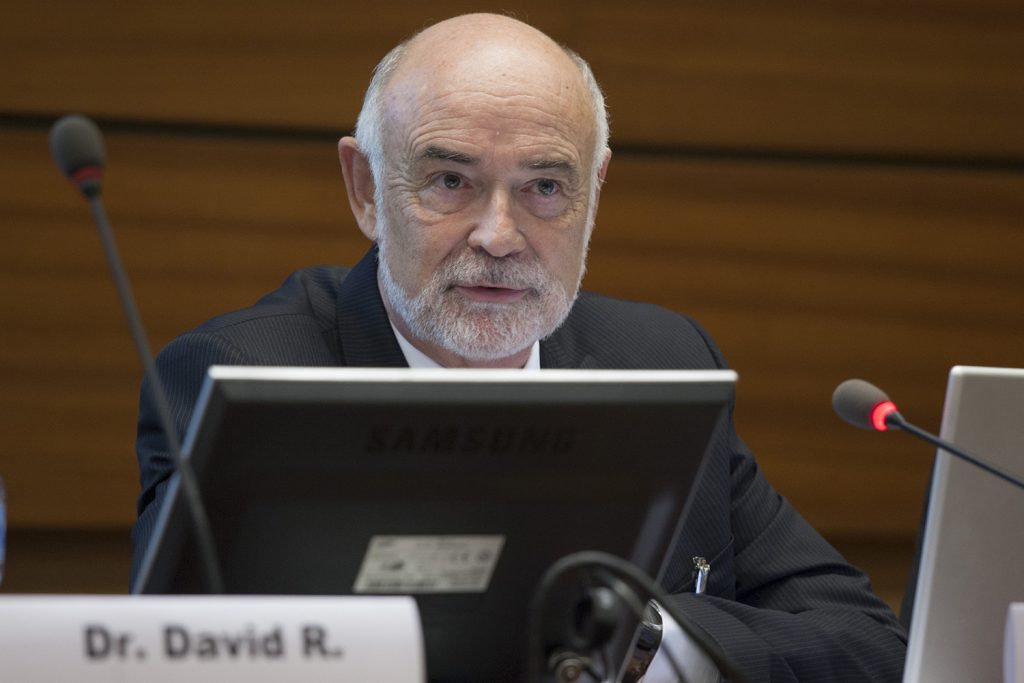
David Benson is a professor of molecular and cell biology in CLAS whose research and teaching expertise are in the broad areas of bacterial molecular genetics, and microbial physiology and ecology. He is particularly interested in genomic and biochemical characteristics that align with the distribution of microorganisms in environments.
Much of his work focuses on nitrogen-fixing plant symbioses, cheese ripening microbiology, and tick-borne diseases. His recent work has used genetic and protein sequence analysis to study microbe-plant interactions. His work has been funded by the National Science Foundation, the U.S. Department of Agriculture, and the Environmental Protection Agency.
Benson is being honored for highly regarded leadership in understanding actinomyete-induced symbiotic nitrogen fixation and for disseminating his scientific discoveries in a manner that was well received.
Benson is a Fellow of the American Academy of Microbiology, and served as a Jefferson Science Fellow at the U.S. Department of State from 2012-2013, advising on issues related to microbiology, including biological warfare.
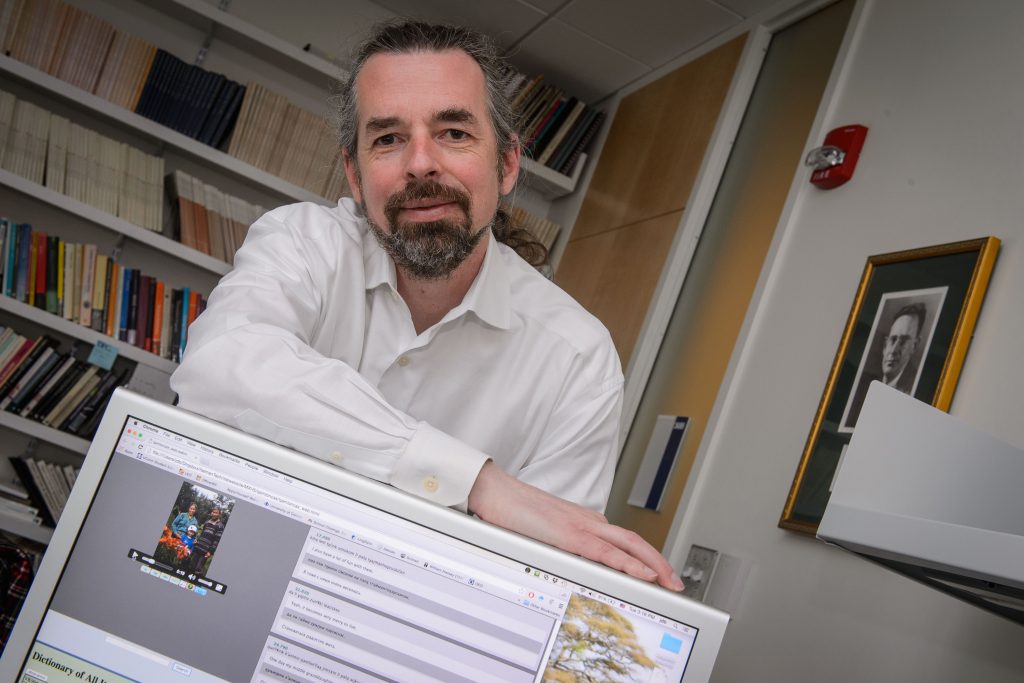
Jonathan Bobaljik, professor of linguistics in CLAS, works on the syntax of critically endangered languages, including research to understand and document Itelmen, a Siberian language with only five remaining native speakers. Bobaljik’s 2012 book, Universals in Comparative Morphology, used data from more than 300 languages to create a formal generative typology, or map, of the different types of languages, and postulates several rules about their structure that seem to be universal.
His current work involves continuing his search for these universals by looking at agreement systems, or how the different words in a sentence agree with one another. He and other linguists are now attempting to expand the realm of the scientific study of language past the field’s previous focus on mostly Indo-European languages and other widely spoken ones, such as Chinese and Japanese.
Bobaljik is honored for distinguished contributions to our understanding of word structure and sentence structure, and the inter-relations between them.
He is also a Fellow of the Linguistics Society of America, and a 2016 Guggenheim Fellow.
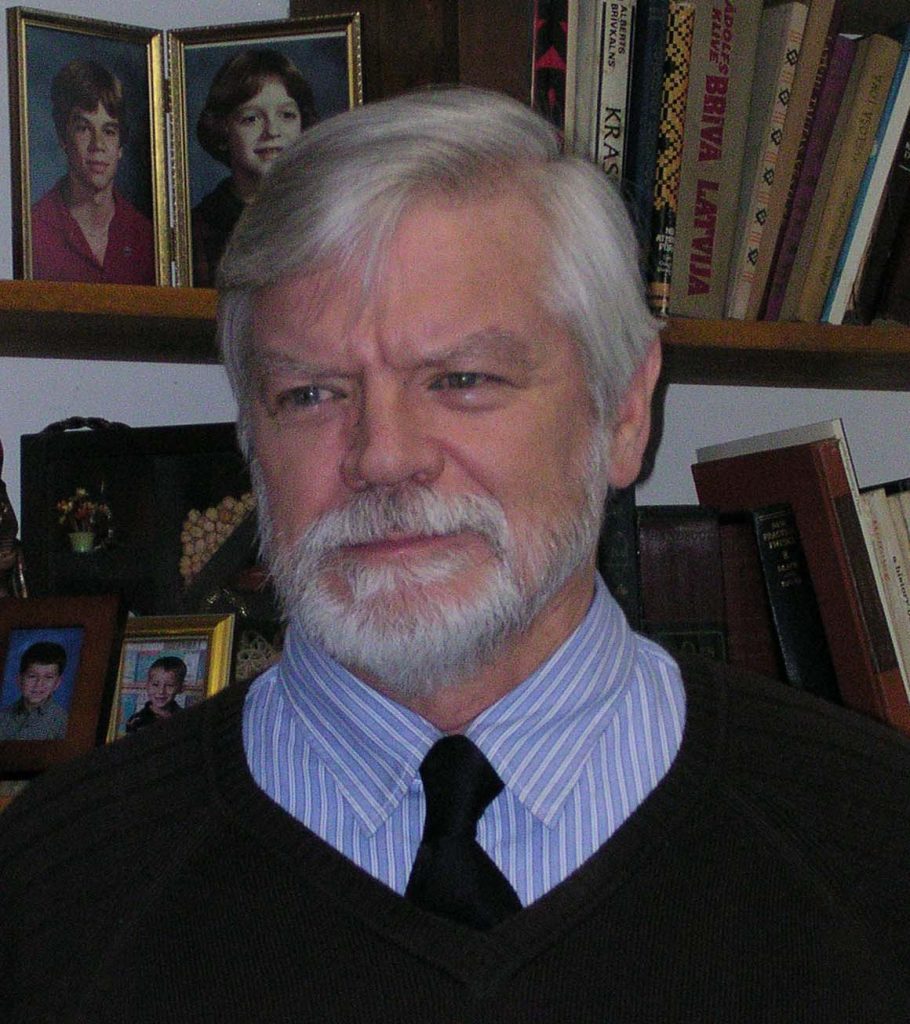
Arthur Hand is emeritus professor of dental medicine at UConn Health. Until his retirement in 2015, he held a joint appointment in the Department of Craniofacial Sciences in the School of Dental Medicine and the Department of Cell Biology in the School of Medicine, and was assistant dean for medical and graduate education in the School of Dental Medicine. He continues to serve as an editorial board member for two academic journals, Acta Histochemica et Cytochemica and Journal of Oral Science.
His research focuses on salivary glands – morphology, development, and the effects of various experimental conditions, and the composition of saliva. His most recent work examined the effects of microgravity on protein and gene expression in salivary glands of mice flown on the U.S. space shuttles and a Russian biosatellite. He has received funding from the National Institutes of Health, and from the Connecticut Space Grant College Consortium. In 2007, he received the Distinguished Scientist Award–Salivary Research Award from the International Association for Dental Research.
Hand is recognized for his distinguished contributions to the field of salivary gland research, particularly for ultrastructural characterization during development, and the effects of stimulation and microgravity on function.
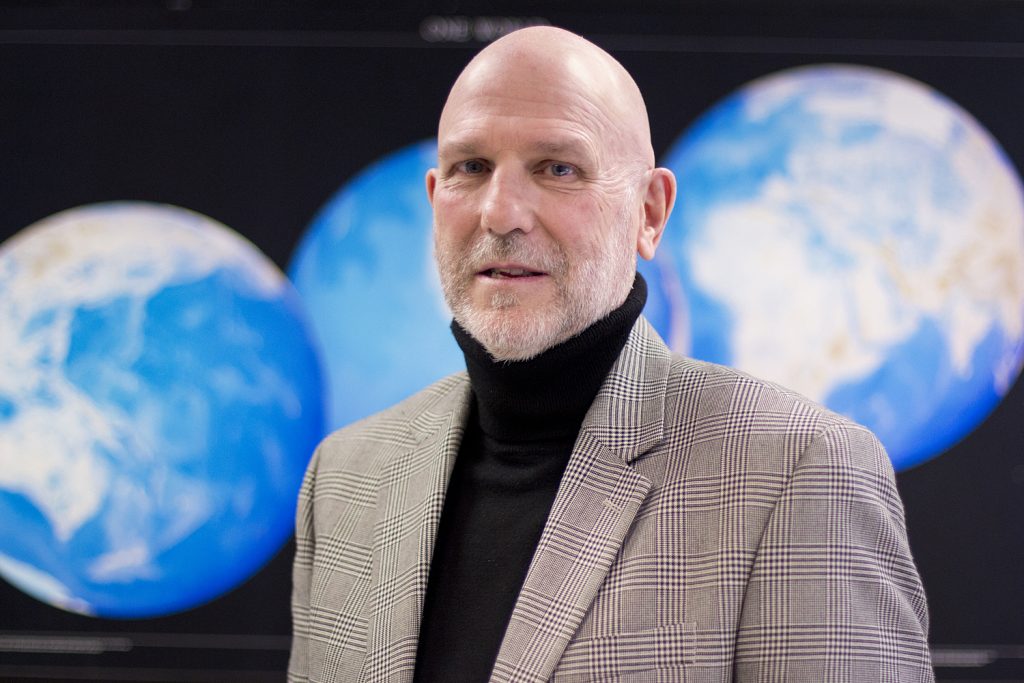
Michael Willig, Board of Trustees Distinguished Professor of Ecology and Evolutionary Biology in CLAS, is the director of UConn’s Center for Environmental Sciences and Engineering. He has worked on environmental science in Brazil, Paraguay, Peru, Puerto Rico, and the U.S., with an emphasis on applying quantitative and statistical techniques to understand the ecology and conservation of biodiversity. His work has clarified how keystone groups of species, such as bats, birds, insects, and gastropods, respond to disturbances, such as storms, droughts, logging, and agricultural practices.
His recently edited book, Long-Term Ecological Research: Changing the Nature of Scientists, explores how long-term, collaborative environmental research has altered scientists’ approach to science itself, to teaching, and to outreach. Among other awards, he has been continuously funded by NSF’s Long-Term Ecological Research Program since 1987.
Willig is being recognized for his distinguished contributions to biodiversity science and conservation biology, particularly in the development and application of sophisticated statistical models to enhance understanding and practice.
He has served on the Board of Directors for the American Society of Mammalogists, and for Conservation International’s Tropical Ecology Assessment and Monitoring Program.
The recipients will receive their awards at the February 2017 AAAS Meeting in Boston.
